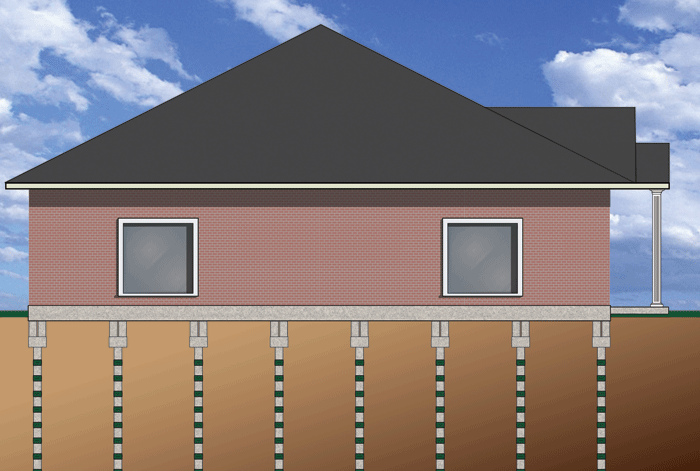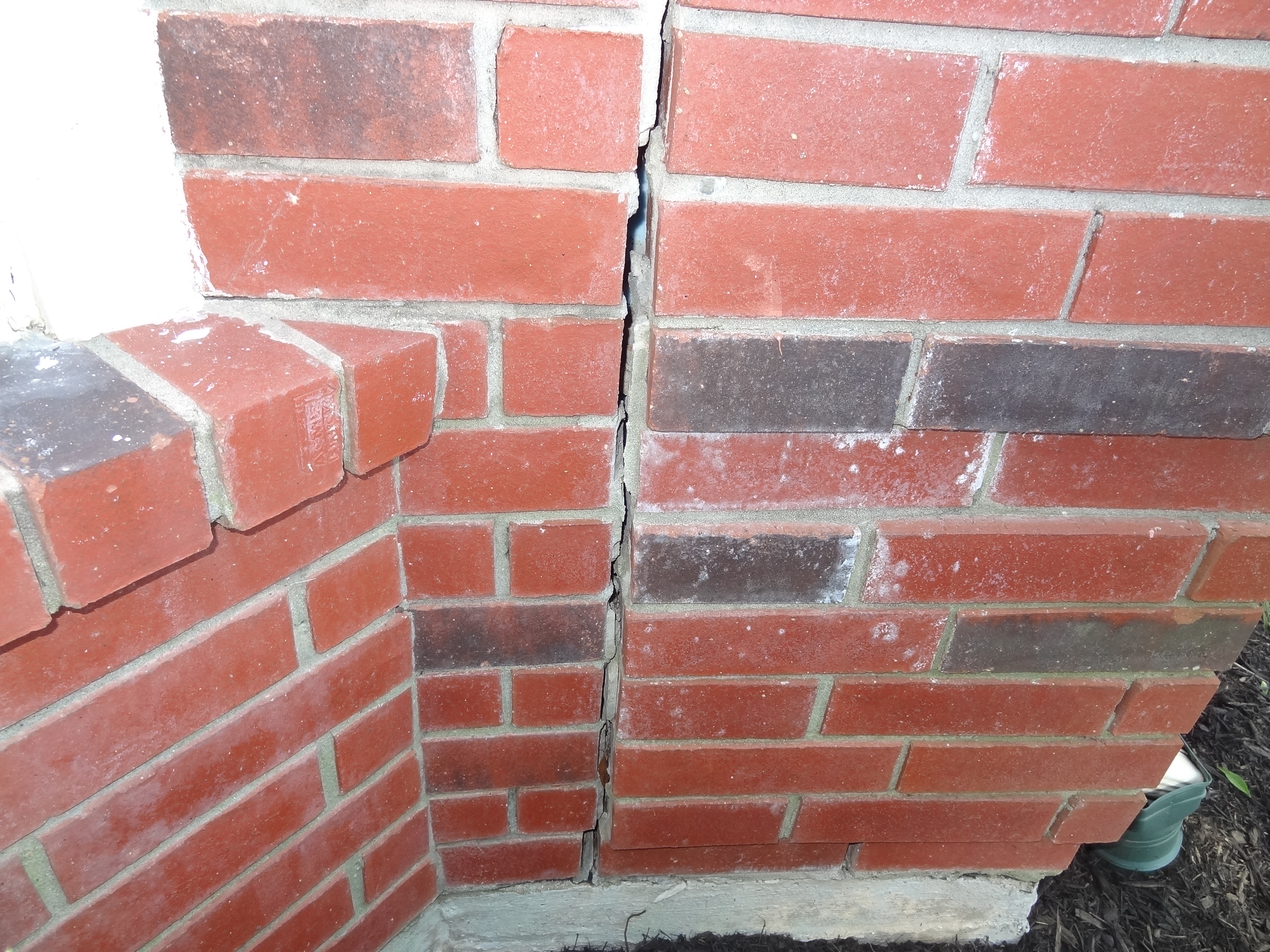Please know that a home inspection is one of the most important parts of buying a home. But it can be overwhelming trying to find a reputable inspector who you can trust. I provide all my buyer clients with a list of licensed home inspectors in the area to make this process easier for you.
In Texas, the inspection phase is referred to as the “Option Period.” Watch my video for an explanation…
The inspection should include information (including photos) on the condition of the following:
- Appliances
- Plumbing
- Electrical
- Air conditioning and heating
- Ventilation
- Roof and Attic
- Foundation
- General Structure
Keep in mind that NO HOME IS PERFECT…not even new construction. The inspection is designed to report on any potential defects or problems with the home that may require repair. Not everything they report will be considered an actual defect by you; you must decide on whether or not the items noted require repair or not for your peace of mind. For example, I rarely see a home inspection report where the inspector does not note that the dirt is too high around the foundation of the home. This seems to be something that they always note because it could potentially hide termite activity around the home…and inspectors have to protect themselves against potential lawsuits. But this is something that you can easily fix when you move into the home.
NOTES
- Should serious foundation or structural problems be indicated, the inspector will recommend that a structural engineer or other professional inspect it as well. This may include hydrostatic testing (which requires special permission from the Seller).
- Stucco inspections are very important and require special permission from the Seller.
- The home cannot “pass or fail” an inspection, and your inspector will not tell you whether he/she thinks the home is worth the money you are offering.
According to the Texas Real Estate Commission: “A home inspection is a limited visual survey and basic performance evaluation of systems and components of the house. It does not require the use of specialized equipment and is not a comprehensive investigative or exploratory probe to determine the cause or effect of deficiencies noted by the inspector.”
I recommend being present for the last hour of the inspection. (It distracts the inspector if you are there the entire time, and then they miss things.) This is to your advantage because you will be able to ask questions, and get tips for maintenance, and a lot of general information that will help you once you move into your new home. Most important, you will see the home through the eyes of an objective third-party. But always keep in mind that an inspector’s job is to report on all potential issues (like dirt around the foundation) and you need to be reasonable in your repair request negotiations with sellers.
Once the inspection is completed, you will have three options to take (*assuming you purchased an Option) in the original contract:
- Terminate the Contract – If any serious defects are found with the home, then you can exercise your Option*, lose your Option Fee, but get your earnest money back.
- Ask for Repairs – If you do not have the cash on hand to make the repairs that you deem important, then you can ask the Seller to make those repairs in an Amendment to the sales contract. However, keep in mind that this is not recommended because home owners tend to hire the cheapest repairs possible and it’s not guaranteed that repairs will be done in a satisfactory manner.
- Ask for a Seller’s Contribution to Closing Costs – If you would rather ensure the repairs are done to your satisfaction, then request a Seller’s Contribution to Closing Costs (SC) which is a credit at Closing that will provide you with more cash on hand, after the completion of the sale, so that you can hire your own repairs.
Never send an inspection report to your lender and avoid putting a long list of repairs in an Amendment, or it may impact your home loan.


